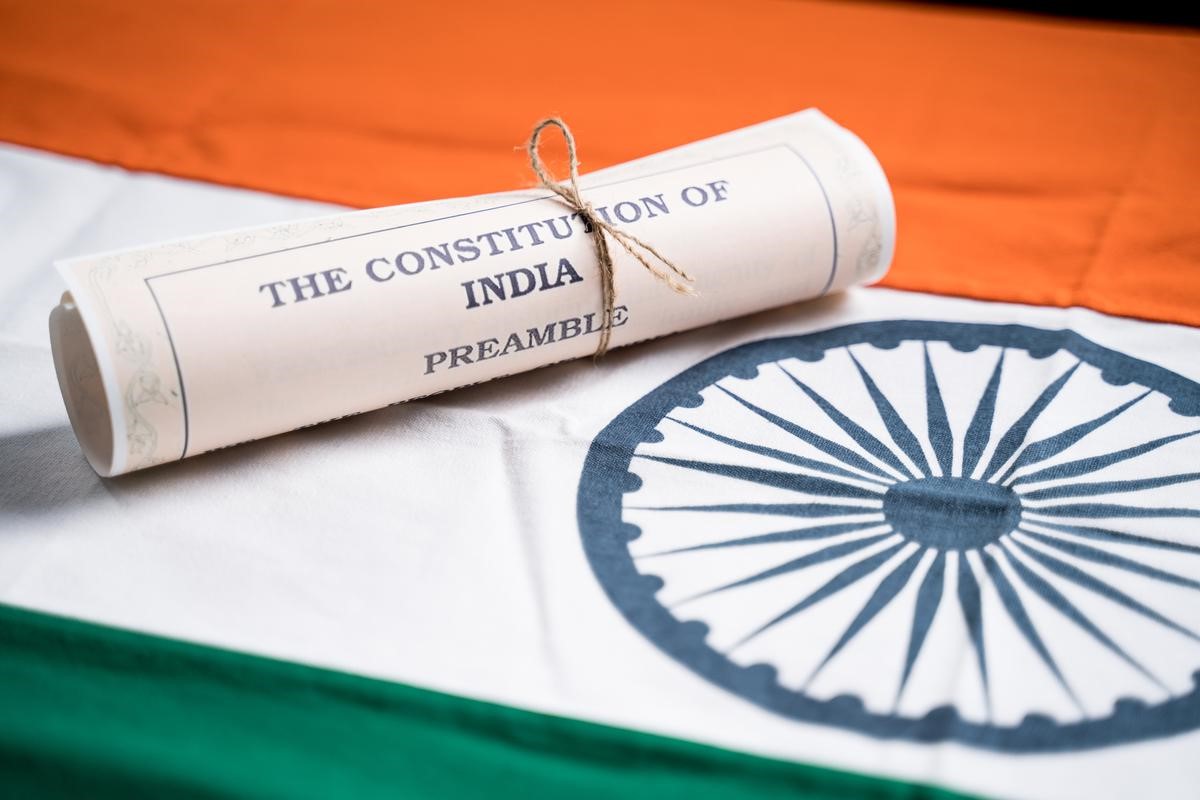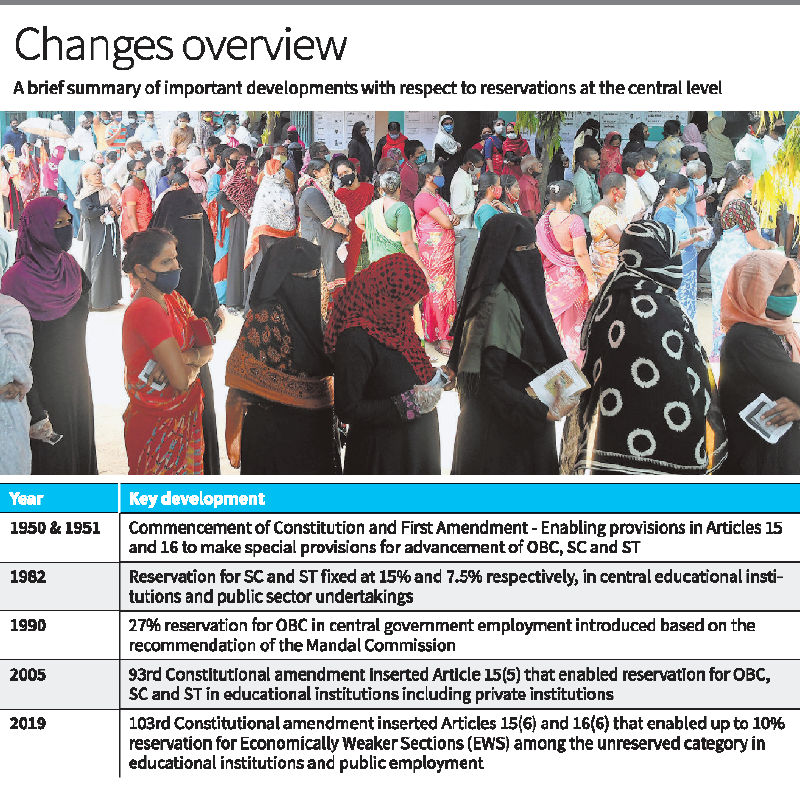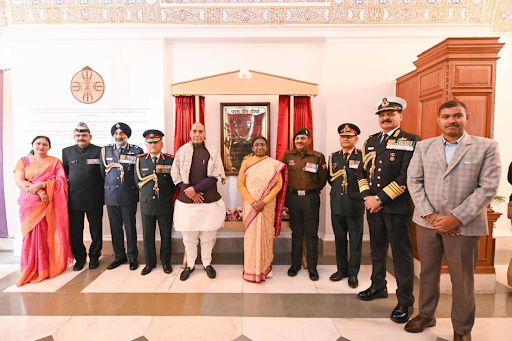Description

Copyright infringement not intended
Picture Courtesy: https://www.thehindu.com/books/books-reviews/reservation-india-caste-quota-constitution/article66746940.ece
Context: The inclusion of Muslims in the Other Backward Classes (OBC) quota and the broader debate about reservations in India raise significant questions about social justice, constitutional principles, and affirmative action.
Constitutional Basis for Reservations
Article 15
- Prohibits discrimination on grounds of religion, race, caste, sex, or place of birth.
- Allows the State to make special provisions for the advancement of socially and educationally backward classes (SEBCs), SCs, STs, and women.
Article 16
- Ensures equality of opportunity in matters of public employment.
- Prohibits discrimination in employment based on religion, race, caste, sex, descent, place of birth, or residence.
- Permits the State to make reservations in appointments or posts in favour of any backward class of citizens, which, in the opinion of the State, is not adequately represented in the services under the State.
Article 46
- Directs the State to promote the educational and economic interests of SCs, STs, and other weaker sections.
- Encourages the State to protect them from social injustice and all forms of exploitation.

Criteria for Reservation
- Reservations are not solely based on economic criteria but also consider social and educational backwardness.
- The inclusion of Muslims in the OBC quota aligns with the constitutional objective of addressing social and educational backwardness irrespective of religion.
State-Level Implementation
- Several states, including Karnataka, have sub-categorized OBC reservations to include specific communities, including Muslims, based on their socio-economic status. This approach is grounded in the understanding that backwardness exists across religious communities and should be addressed through targeted policies.
Should India Consider Lifting the 50% Reservation Cap?
- The Supreme Court has set a cap of 50% on reservations to uphold the principle of equality and prevent excessive affirmative action. Exceptions to this cap may be allowed under exceptional circumstances, as determined by the court.
- There are ongoing discussions about revisiting the 50% cap to ensure fair representation for communities facing historic discrimination. Arguments for lifting the cap emphasise the need to address deep-seated inequalities and provide adequate opportunities for marginalised groups.

Extending Reservation Benefits to Dalit Christians and Muslims
- Dalit Christians and Muslims face social discrimination and lack of opportunities comparable to SCs and STs. Extending reservation benefits to these communities is seen as a measure to rectify historical injustices and promote inclusive development.
- The government has initiated studies, like the one led by former CJI K. G. Balakrishnan, to explore the feasibility of extending SC reservations to Dalits of religions other than Sikhism and Buddhism.
Way Forward
- Sub-categorization among reserved categories can ensure equitable distribution of reservation benefits.
- Targeted policies should focus on reaching the most marginalised sections within these communities to achieve the goal of social justice.
- Policy discussions should aim to strike a balance between promoting social justice through reservations and upholding the principle of equality enshrined in the Constitution.
- Any revisions to reservation policies should be guided by evidence-based research and extensive deliberation to mitigate potential challenges and maximise benefits.
Conclusion
- The broader debate on reservation policies highlights the challenge of balancing social justice and constitutional principles, emphasising the need for inclusive governance and nuanced policy interventions to address historic discrimination and ensure equitable representation for marginalised communities.
Must Read Articles:
HISTORY OF RELIGION-BASED RESERVATIONS IN INDIA
Source:
The Hindu
|
PRACTICE QUESTION
Q. The reservation system is primarily based on caste. Should reservations be expanded to include other disadvantaged groups facing social and economic marginalisation, such as religious minorities or people with disabilities? Discuss the rationale for including or excluding other groups and the potential challenges in implementation.
|











